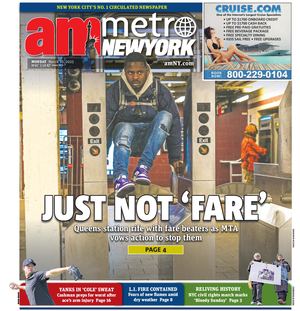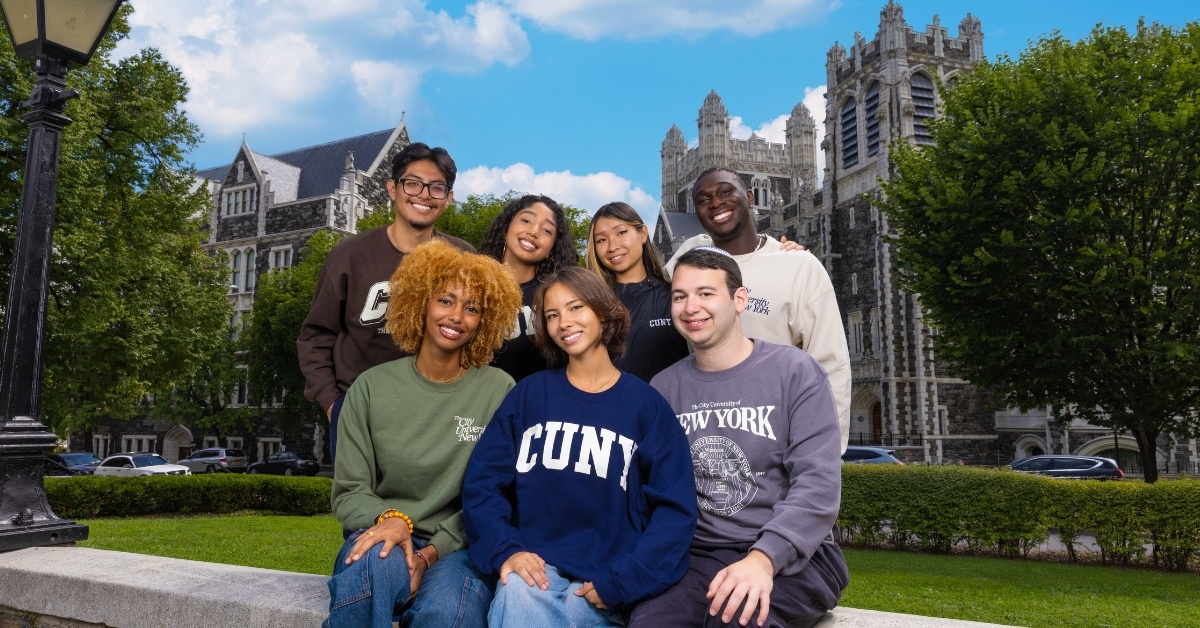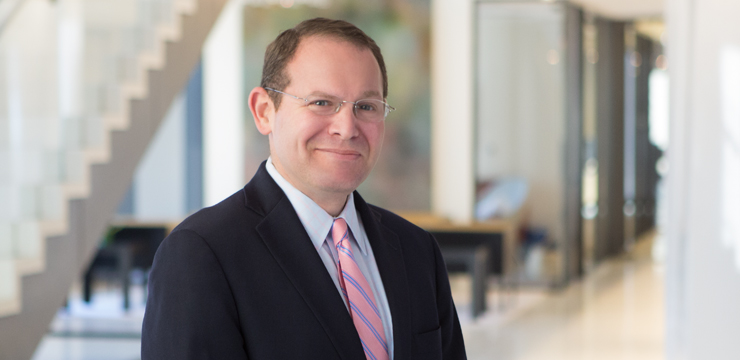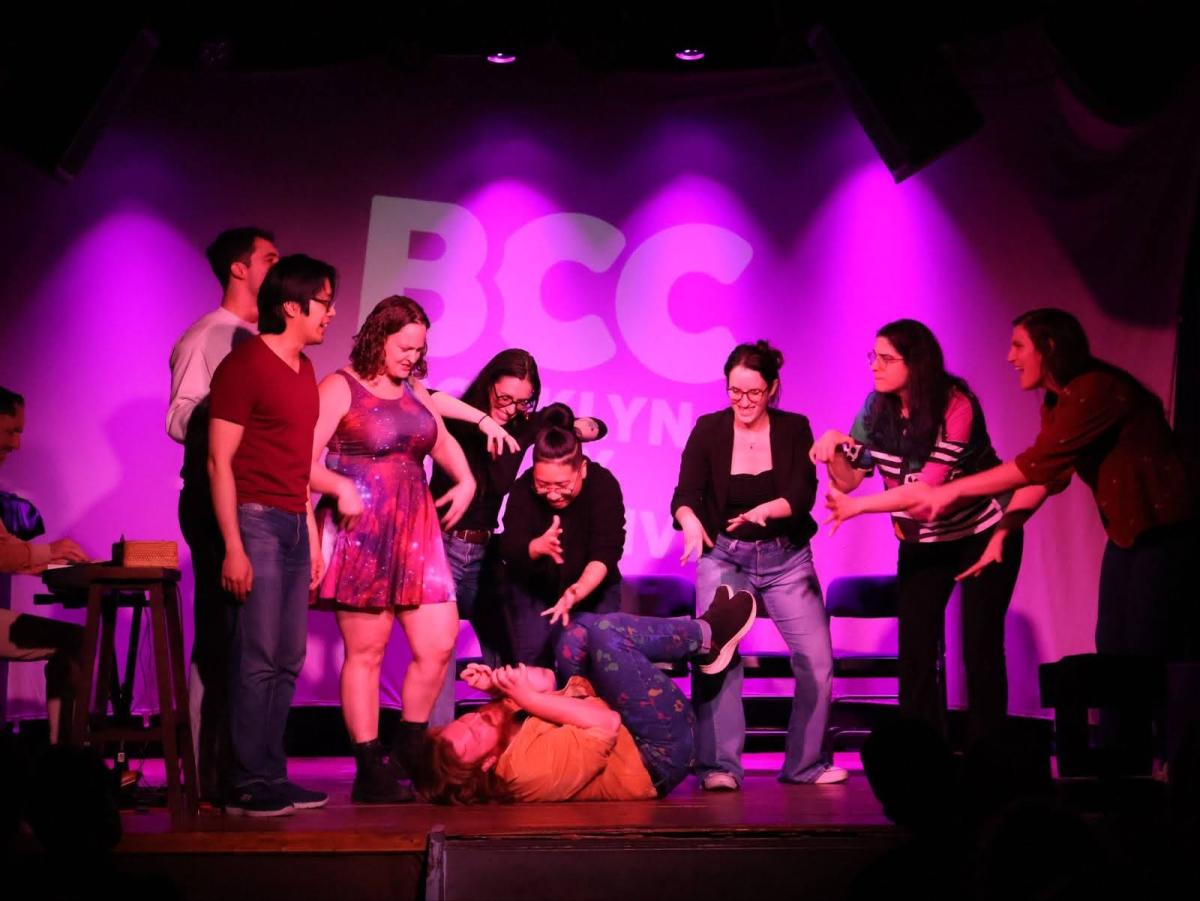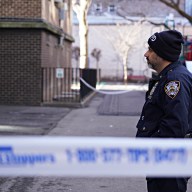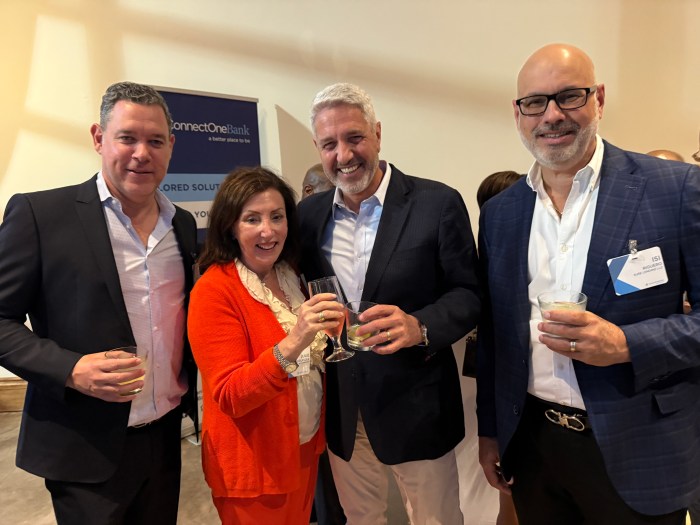As one of the country’s most diverse universities, CUNY puts a high priority on ensuring all members of our community feel welcome, respected and safe. And at a time when hate is on the rise around the world, we have a special responsibility to maintain campus environments that help people of different backgrounds and convictions talk to each other and navigate conflict.
It’s hard but increasingly necessary work.
Over the past few years, we’ve taken concrete action to confront antisemitism, Islamophobia and all other forms of hate. We’ve introduced programs to promote constructive dialogue and created an online reporting system to help us investigate complaints of discrimination and harassment.
And while much of this work has been put into action by our campuses, we’ve come to realize that to squarely meet the moment, a public university as vast and diverse as CUNY also needs a more centralized approach.
That’s why we’ve created a new University office, the Center for Inclusivity and Equal Opportunity, to oversee CUNY’s anti-discrimination efforts. The office will ensure that our policies are being properly enforced, that there is accountability when complaints are verified, and that educational programming is strengthened across the university.
This work is being guided by Kareem Peat, an attorney with two decades of experience in higher education and discrimination law, who was recently appointed to serve as the center’s interim executive director. Since 2023, he’s overseen CUNY’s compliance with Title IX, the federal law prohibiting discrimination based on sex in education programs that receive federal funds.
The addition of the center will reinforce CUNY’s longstanding commitment to inclusivity in the face of evolving, complex demands. It will help ensure that processes for combating discrimination and harassment are managed uniformly and consistently across CUNY’s campuses, a need emphasized last year by former chief judge of New York Jonathan Lippman in his review of CUNY’s policies and practices.
One of the Center’s key responsibilities will be to oversee education and training across the university, expanding the constructive dialogue trainings that were offered to CUNY leadership and staff facilitators in Fall 2024. The guiding intention is to promote respect and understanding between people of diverse backgrounds, identities, cultures and beliefs — something that is critical to the sense of belonging that all members of our community deserve.
Another priority is a major upgrade of the University-Wide Discrimination and Retaliation Reporting Portal, a centralized portal created in 2023 for students, faculty and staff to report instances of discrimination and retaliation. In the Fall, the center will begin using a case-management system that will allow individuals to monitor the status of their complaints, help the University track and manage complaints, and provide reports, notifications, and data analysis.
We want all members of the CUNY community to know their life experiences are valued, that they all are contributors to the marketplace of ideas that is the ideal of higher education. When it comes to the fundamental right to learn, teach and work in an educational environment free of discrimination, we can never stop challenging ourselves to do better.
Matos Rodríguez is the chancellor of The City University of New York (CUNY), the nation’s largest urban university, serving more than 240,000 undergraduate and graduate students.
Read More: https://www.amny.com/opinion/
